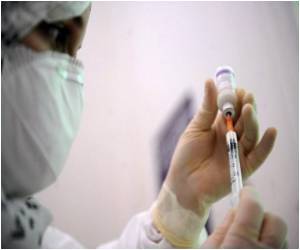BMJ reveals how the medical establishment closed ranks to protect Wakefield after he raised concerns with the Lancet in 2004.

In the third and final part of a special BMJ series, “Secrets of the MMR scare”, investigative journalist Brian Deer reveals how the medical establishment closed ranks to protect Wakefield after he raised concerns with the Lancet in 2004.
Deer’s allegations included possible research fraud, unethical treatment of vulnerable children, and Wakefield’s conflict of interest through his involvement with a lawsuit against vaccine manufacturers.
Deer thought the editor, Richard Horton, would say that an investigation was needed. Instead he reports that “within 48 hours, and working with the paper’s three senior authors, the journal was to publish 5000 words of denials, in statements, unretracted to this day.”
The statements said that an investigation was undertaken by the Royal Free Hospital that “cleared Wakefield of wrongdoing.”
But documents, emails, and replies obtained under the Freedom of Information Act reveal no formal investigation. “What emerges is merely a scramble to discredit my claims during the 48 hours after I disclosed the information,” writes Deer. In short, “the accused were investigating themselves.”
“Were it not for the GMC case, which cost a rumoured £6m (€7m; $9m), the fraud by which Wakefield concocted fear of MMR would forever have been denied and covered up,” argues Deer. The Royal Free Hospital and Medical School have since confirmed that they carried out no formal investigation. No doctor was interviewed, and no documents were generated.
"This case reveals major flaws in pre and post-publication peer review," says Dr Godlee. "Allegations of research misconduct must be independently investigated in the public interest. But it's still too easy for institutions to avoid external scrutiny, and editors can fail to adequately distance themselves from work they have published and then defended."
An accompanying editorial by researchers in Seattle says Deer’s articles reveal the urgent need "to fix a system that failed to protect human subjects and the public from the consequences of fraudulent science."
Source-BMJ
 MEDINDIA
MEDINDIA




 Email
Email





